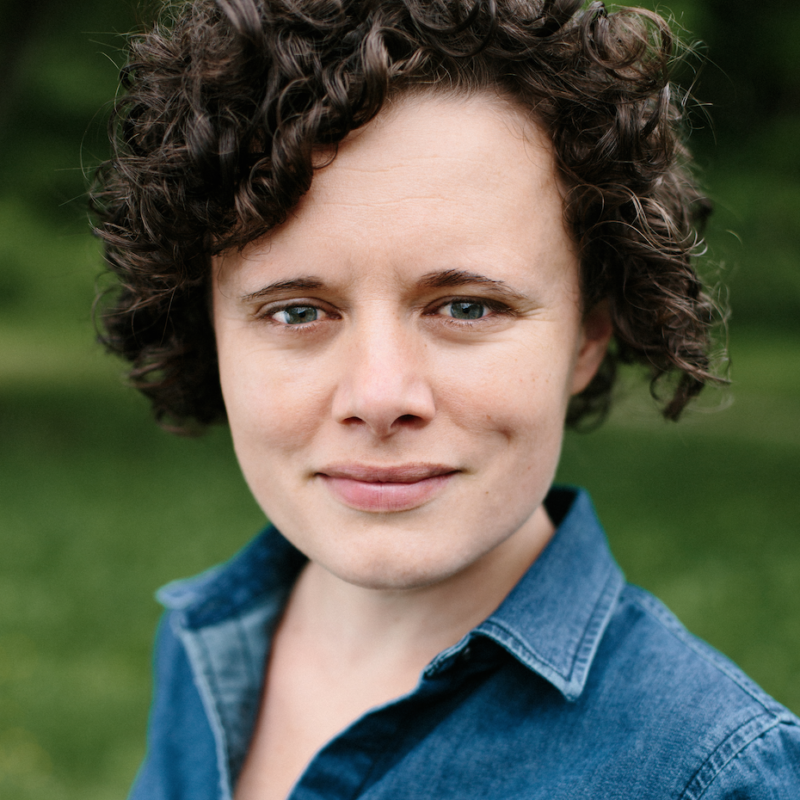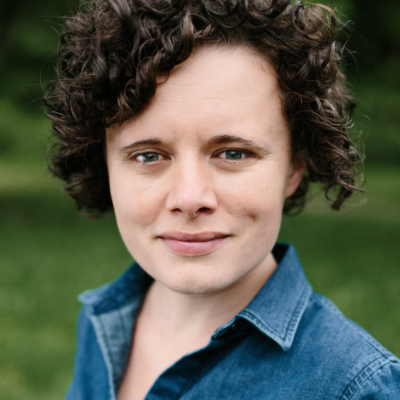City Council’s discussion last Monday made clear that it supports further lowering the late-night music level in Belmont and Fry’s Spring to 55 decibels. But another vote it took that night may prove to have a greater impact on curbing loud noise in those and other areas.
|
While City Council was ready to postpone last week’s noise ordinance discussion, councilor Kristin Szakos insisted the group take up the talk: “We said we were going to talk about it…and to not talk about it would have sent a message to the neighborhood that we weren’t really as serious as I think we should be about the ordinance issue.” |
In approving the consent agenda, Council approved changes to zoning regulations that will prohibit any place of business that holds concerts and provides dancing, where admission is charged, from operating in neighborhood commercial areas. According to a staff report, those areas include Downtown North, the Cherry Corridor, High Street and the Neighborhood Commercial Corridors of Belmont and Fry’s Spring.
Under the new ordinance, piano and non-amplified music will be permitted in a restaurant where the entertainment “is clearly incidental to the restaurant’s primary function.”
“We could change the noise ordinance to 35 decibels and as long as there was enough insulation, that’s not going to address all the other issues that are caused by having a music venue in a single-family residential neighborhood,” said Mayor Dave Norris at the meeting. “I think this is a one-two punch … where we are addressing sort of the underlying issue of the mistake of allowing music halls to operate in neighborhood commercial corridors.”
Although Norris had pulled the noise ordinance discussion from Monday’s meeting only hours before the meeting was set to begin, saying that he wanted the entire Council present (Councilor David Brown was absent), Councilor Kristin Szakos argued against that decision.
“We said we were going to talk about it, we put it out publicly that we were going to talk about it, and to not talk about it would have sent a message to the neighborhood that we weren’t really as serious as I think we should be about the ordinance issue that they’re dealing with,” Szakos told C-VILLE.
Noise, in fact, has been affecting Belmont residents for close to two years.
“This noise is really unhealthy for the neighbors, because with the continued stress, it causes the sleep deprivation and the hearing loss,” neighbor Janet Hatcher says. “Most of the surrounding neighbors around these restaurants, most of them work. And if there are disruptions until 2am and continued noise, it really makes it difficult to get up and go to work the next day.”
In March, Council lowered permissible late-night music levels to 65 decibels from 75, with the option of reassessing the situation every three months. “In the view of many of us on Council, the situation only got worse since then,” Norris said at the meeting. Jim Tolbert, director of the city’s Neighborhood Development Services, says that unlike Bel Rio, the source of all the complaints about noise, rowdy behavior and property depreciation, no complaint has been recorded from Durty Nelly’s Pub in Fry’s Spring.
“The other restaurants are operating as restaurants, and there’s a major difference, that’s the big problem,” said Tolbert at the meeting. He told C-VILLE in a follow-up e-mail that “[A]ny business that is operating legally will not be impacted. Durty Nelly’s is grandfathered.”
Hatcher’s observations line up with that. “Mas, Tavola and The Local have already proven that they can operate as successful restaurant models here and they can coexist with the neighborhood,” she says.
In earlier discussions about late-night music, many local musicians stood in front of Council and protested the decision to lower the decibel level. Szakos, herself a musician, says that Charlottesville is home to great music venues that aren’t located in residential neighborhoods. “I think we absolutely need to make sure that we are nurturing that part of our cultural life,” she says. “But not when it’s keeping other people from sleeping.”
Meanwhile, the amendment to lower the decibel level in the Neighborhood Commercial Corridor to 55 was moved to a second reading next month.
C-VILLE welcomes news tips from readers. Send them to news@c-ville.com.






